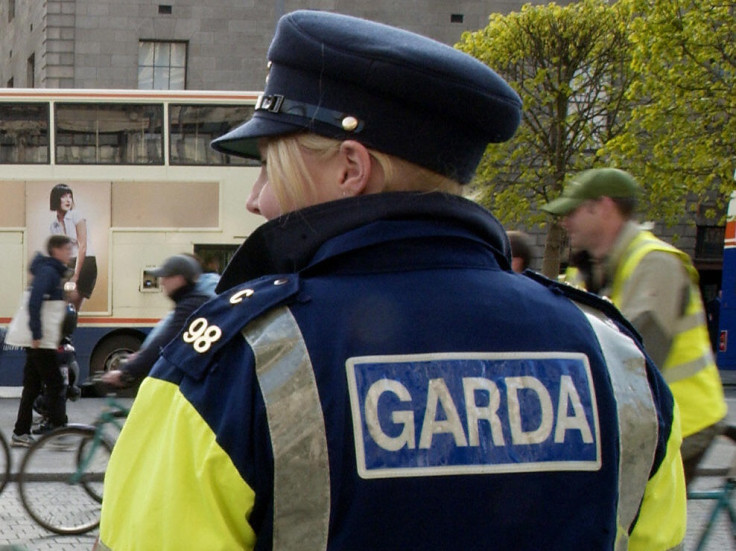Cybercrime on the rise in Ireland as police battle with 'backlog' of cases

In its recently-released five year plan, the Irish police service has announced a restructuring of its cybercrime divisions in order to help deal with a "backlog of cases". The force, called An Garda Síochána, has said it will now ramp up efforts to help deal with "computer-related fraud, online paedophilia, and illegal trading over the darknet."
The document, titled Modernisation and Renewal Programme 2016 – 2021, states: "Cyberattacks can have devastating impacts on governments, state bodies, individuals, businesses and critical national infrastructure". However, the Garda did not elaborate further on what exactly the backlogged cases involved.
It added: "To ensure Ireland can protect itself from cyberattack from rogue States and individual criminal elements an holistic all-of-government approach is required."
The Irish cybercrime division, known as the Computer Crime Investigation Unit (CCIU) is managed at the Garda Bureau of Fraud Investigation (GBFI) and while the five-year plan notes it has had "many successes in detecting crimes", it admits change is now needed.
The document states: "Additional resources and a change in process at CCIU has led to a reduction in the backlog, but to ensure it has the capacity and capability to deal with current and future volumes of work CCIU will be restructured."
Now, the Garda will establish a new National Cyber Security Desk (NCSD) and liaise with law enforcement groups at Interpol, Europol and even the FBI. "A new structure will see a Superintendent heading CCIU and two Detective Inspectors appointed – one to look after cybercrime, the other to be responsible for the forensic examination of computers. Each will be supported by additional members and staff," the report states.
"An Garda Síochána's Cyber Strategy has been developed to protect the organisation's critical information infrastructure from a cyberattack and deal with the ever increasing threat of cyber intrusion on government networks."
Based on a table of key programme initiatives the estimated completion time for its cybercrime changes is currently the end of 2017. Commissioner Nóirín O'Sullivan said: "We must continually adapt to meet the needs, expectations and challenges of a modern society. We must also remain agile and responsive to meet the emerging threats of an ever changing policing and security environment."
In March last year, high-level Garda officials warned about a spike in cybercrime activity hitting Ireland and said it was a "growing threat."
As reported by The Irish Times, assistant Garda commissioner Derek Byrne said: "[Cybercrime] is a very fast-growing phenomenon. It reinvents itself every so often, as we're closing in there's people all the time inventing new methods and processes to infect. Sometimes people are not aware that they're working on open networks, and that the criminal networks are out there seeking to infect and take control of their computers."
© Copyright IBTimes 2025. All rights reserved.






















